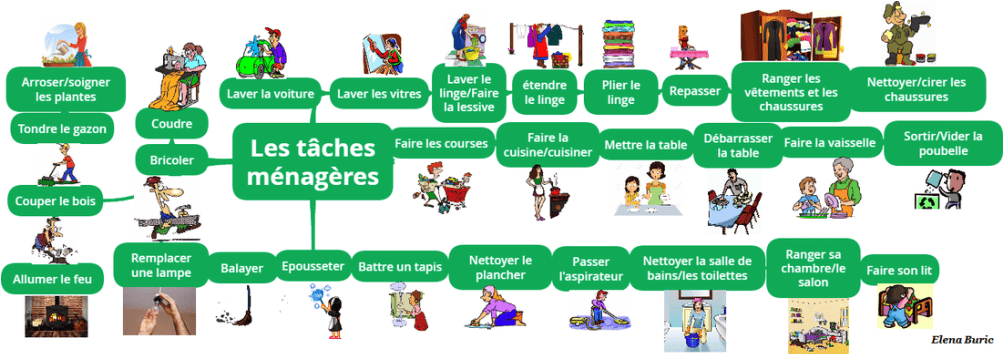Women=Victim? Men=Aggressor?
Every morning we wake up to debates about victims, aggressors, rights, false allegations… It is surprising, on the one hand, how many facts and figures are given, which are unrelated to each other and even contradict each other. In social networks such as Twitter, we witness a dance of information and denials, of unmasked hoaxes, of communiqués and declarations. Many of us wonder who to believe, what figures are authentic and how to check the veracity of the data. With posttruth installed in all spheres and ease of manipulation, what studies can we believe?
With some frequency, some men come to me who feel unprotected in the elementary right to see their children, after one or several denunciations (sometimes false) on the part of their ex-wives (you can read it in this post). The question is: why aren’t we building bridges – in a matter of such great relevance to everyone as family relations – instead of breaking up so many families? What are we doing wrong?
There is a certain feminism that puts all its effort into creating social opinion about domestic violence, calling it “gender violence”, even though it only reflects the violence exerted on women by men, ignoring that there are also cases -although less so- of the opposite, or even of minors murdered by both their mothers and fathers. More data on domestic violence in general can be found in this article by Teresa Jiménez Barbat, MEP, where she presents the study on the impact of partner violence on men and boys, by Joaquim Soares, professor emeritus at Mid Sweden University, and Nicola Graham-Kevan, forensic psychologist at Lancashire Central University, UK.
This radicalized and exacerbated feminism, endorsed by law, tries to reduce the question to the axiom woman=victim (who always tells the truth) and man=evil by nature (always aggressor and liar). As if this were not enough, they try to convince that the violence suffered by many women by their partners is caused by the mere fact of being a woman. In other words, a man kills a woman because she is a woman. As jurist Daniel García Pita-Pemán recalls in ABC’s Third Edition, the main difficulty continues to be “proving that the aggressor acted because the woman was the victim, and not that he simply abused her as a man of his greatest strength. Even in the case of not being convicted, the accused will already have a criminal record, will have spent at least one night in prison, will not be able to see their children …
One fact that is at least surprising – and often ignored by public opinion – is that European statistics show that Spain is one of the countries in our environment with the lowest rate of violence against women.
As the question about feminism why doesn’t institutional feminism strive to help women in countries where death rates are really high? Maybe because there are no succulent subsidies there?
Nria Chinchilla is a Professor in the Department of People Management in Organizations, holder of the Carmina Roca and Rafael Pich-Aguilera Women and Leadership Chairs and founder of the International Center for Work and Family. A graduate in Economics and Law, she holds a Ph.D. in Business Administration from IESE. Her areas of specialization include women and power, management skills in family-responsible organizations, time and career management, interpersonal conflicts and non-profit organizations. In 1984, he began working as a full-time faculty member at IESE. The views expressed in this paper are solely the author’s.
Translated with www.DeepL.com/Translator from Spanish








Commentaires récents